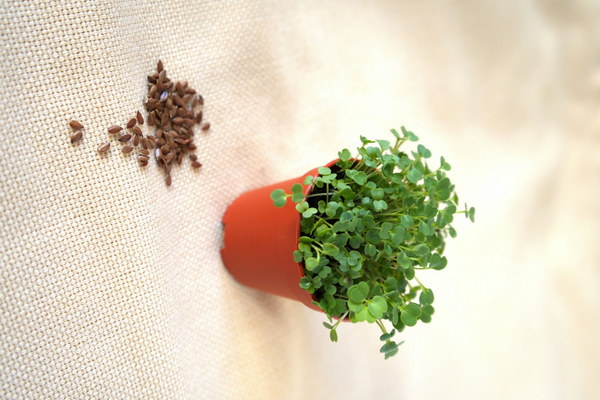Nature's Remedy How Wild prickly ash helps expel Dampness in Traditional Chinese Medicine
In the realm of Traditional Chinese Medicine (TCM), the concept of dampness is a common ailment that affects the body's balance and health. Dampness is believed to be caused by an excess of dampness in the body, leading to a variety of symptoms such as fatigue, weight gain, and joint pain. One natural and effective remedy for combating dampness is the use of wild prickly ash, also known as Ma Huang. Here's an exploration of how this traditional herb can help expel dampness and restore balance.
Understanding Dampness in TCM
In TCM, dampness is considered an imbalance of the body's Yin and Yang, specifically an excess of the Yin element. This imbalance can manifest in various ways, including:
- Excessive weight gain or difficulty in losing weight

- Fatigue, particularly in the morning
- Joint pain and stiffness
- Water retention and swelling
- Poor digestion and bloating
The Role of Wild Prickly Ash
Wild prickly ash, or Ma Huang, is a key herb in TCM that is often used to treat dampness. It belongs to the family Rutaceae and is native to Eastern Asia. The herb is valued for its ability to:
- Promote the flow of Qi (vital energy) in the body
- Dispel dampness and expel cold
- Strengthen the spleen and liver function
- Reduce inflammation and pain
How Wild Prickly Ash Works
The active compounds in wild prickly ash, including bioflavonoids and alkaloids, are thought to contribute to its effectiveness in expelling dampness. Here’s how it works:
1. Improves Digestion: The herb helps to stimulate the digestive system, which can aid in the elimination of dampness that may be caused by poor digestion.
2. Regulates Fluids: Wild prickly ash has diuretic properties, which can help the body to expel excess fluids and reduce water retention.
3. Boosts Immunity: By strengthening the spleen and liver, the herb can improve overall immune function, which is essential in combating dampness-related conditions.
4. Alleviates Joint Pain: The anti-inflammatory properties of wild prickly ash can help alleviate joint pain and stiffness associated with dampness.
Using Wild Prickly Ash
Wild prickly ash is typically used in the form of a decoction, where the herb is simmered in water to extract its medicinal properties. It can also be found in capsules, powders, or as part of a formula in traditional TCM blends.
When using wild prickly ash, it’s important to consult with a qualified TCM practitioner, as the herb may not be suitable for everyone. Certain individuals, such as those with a hot constitution or those who are pregnant, may experience adverse effects.
Conclusion
Wild prickly ash is a powerful tool in the TCM arsenal for addressing dampness. Its ability to improve digestion, regulate fluids, boost immunity, and alleviate joint pain makes it a valuable herb for those looking to restore balance and health. By understanding the principles of TCM and the properties of wild prickly ash, individuals can harness the benefits of this natural remedy to support their well-being.









